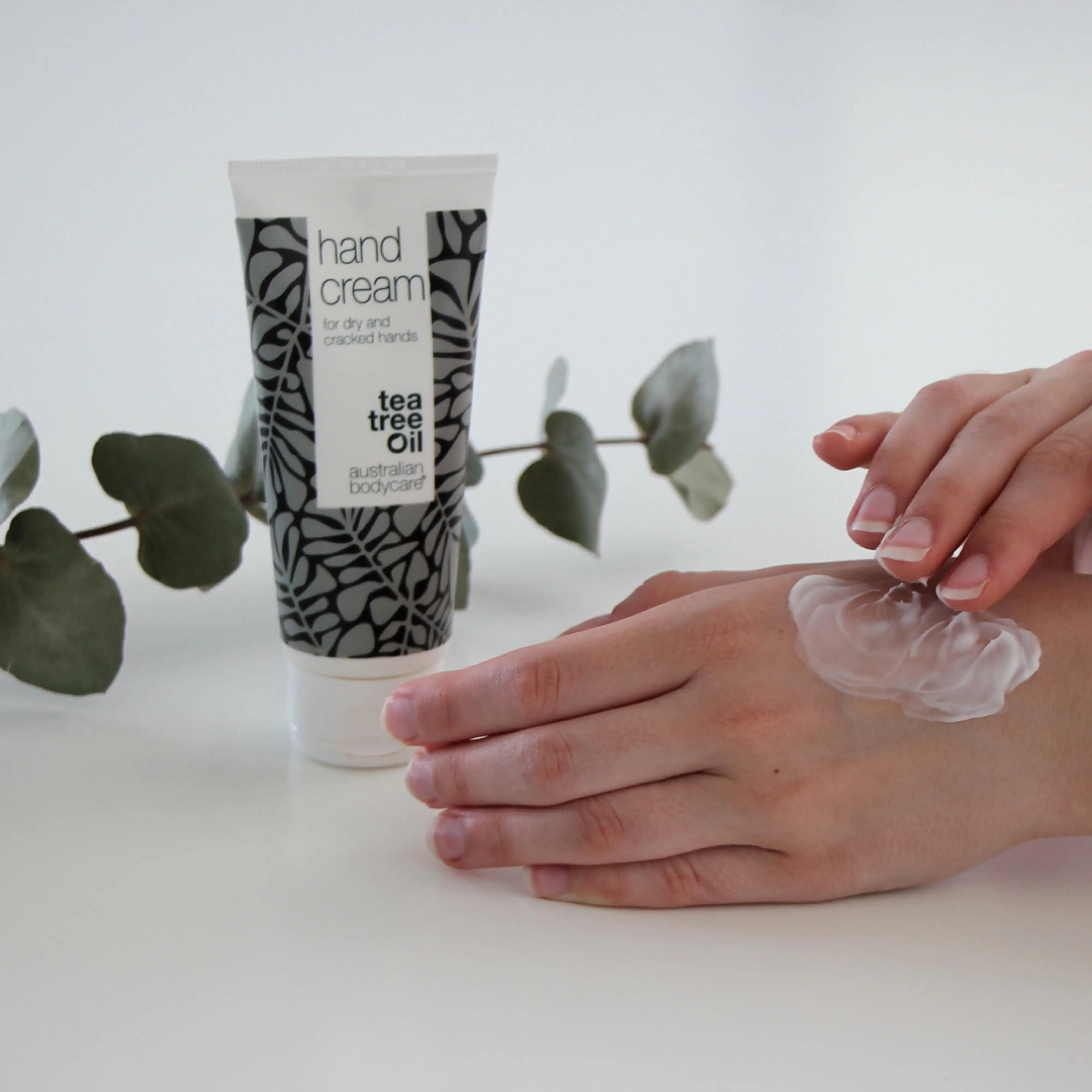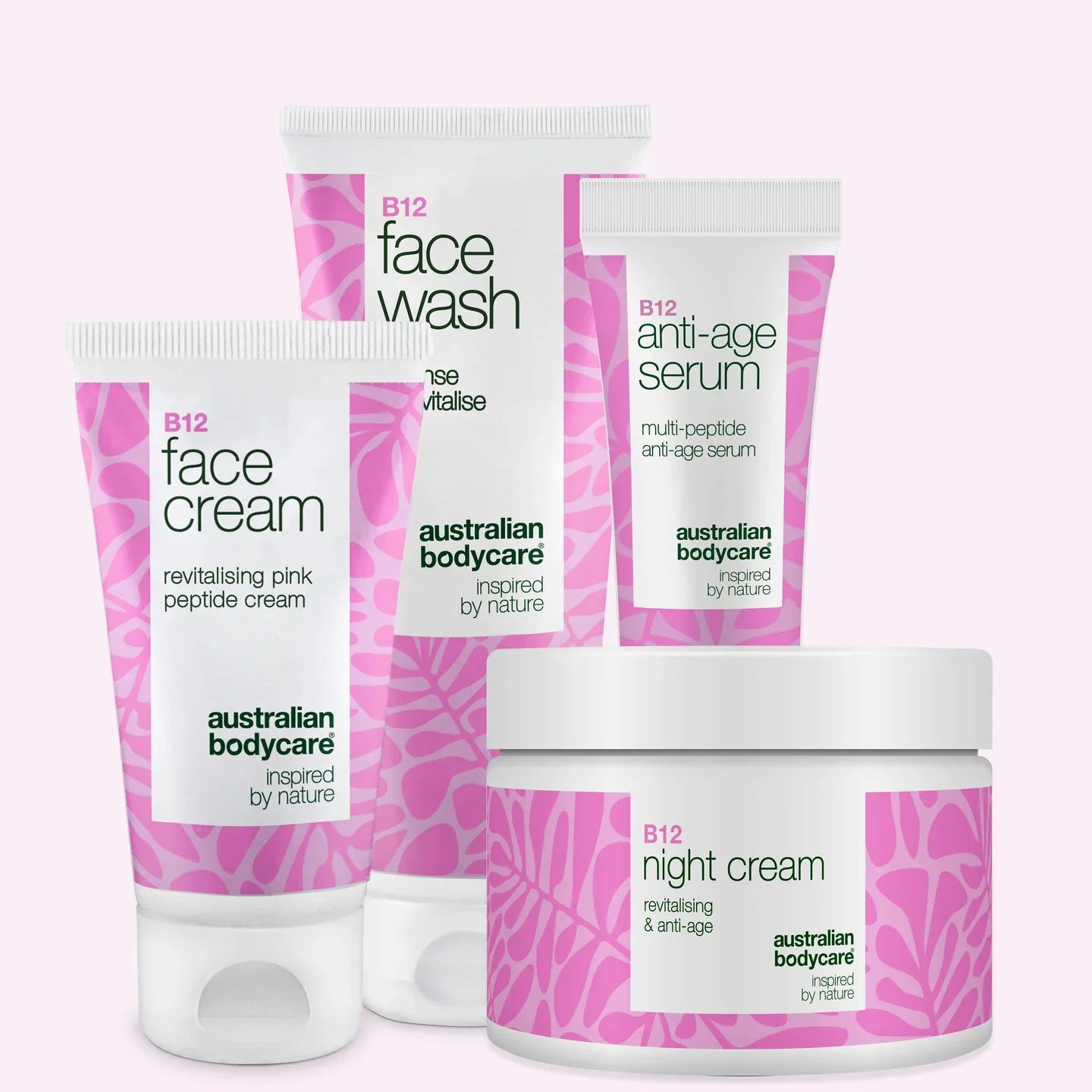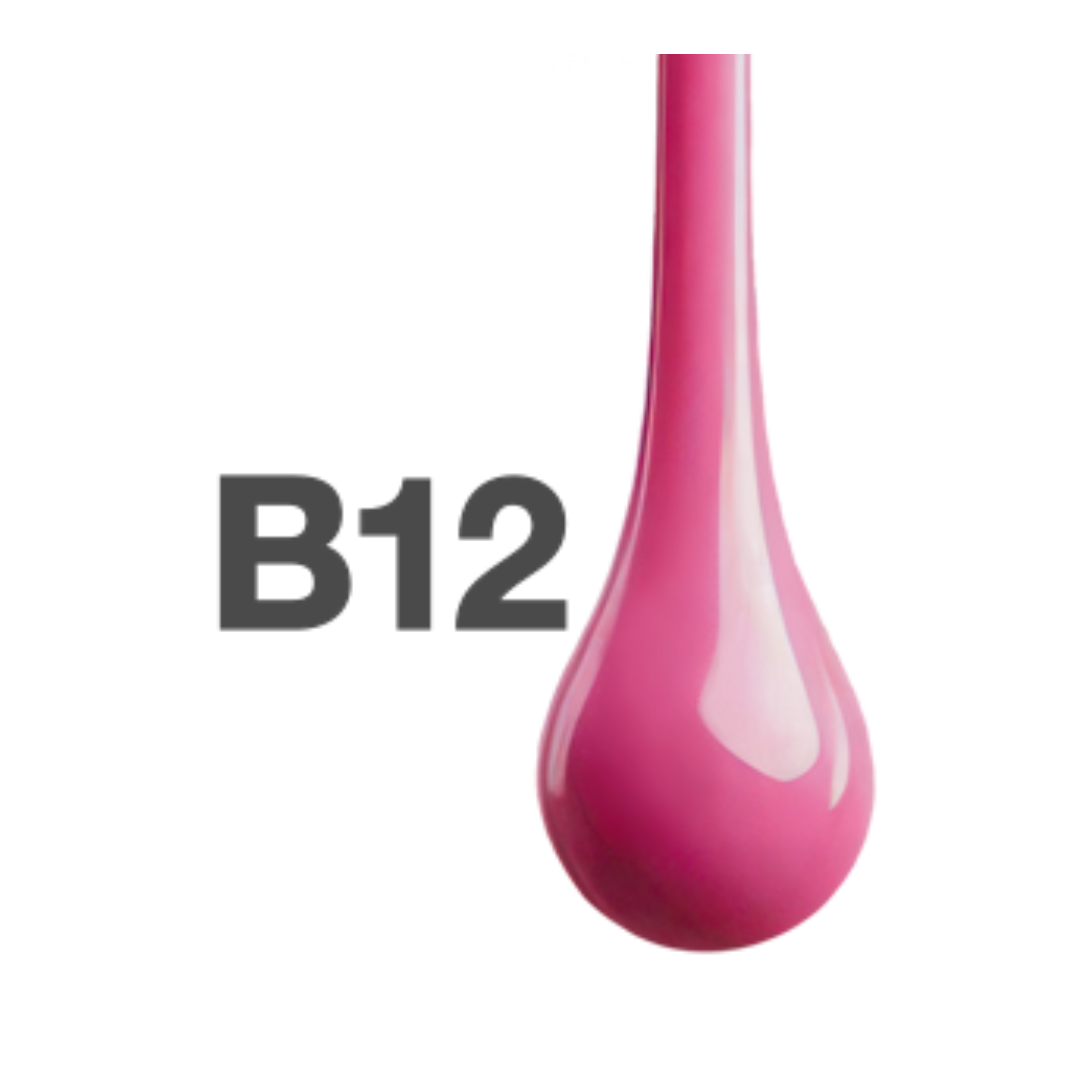6 Causes of Sore Nipples and how to avoid it
Sore nipples are a common challenge that many women experience at some point in their lives. Whether it's due to breastfeeding, hormonal changes or other factors, sore nipples can be uncomfortable and disruptive. Fortunately, there are several causes of sore nipples and there are also different ways to care for them.
In this guide, we'll explore six common causes of sore nipples and give you practical advice on how to care for them. We will examine how breastfeeding, hormonal changes, improper use of breast pumps, infections and inflammation, frenulum band tightening and friction can affect nipple soreness. In addition, we will provide you with useful tips and techniques to relieve the discomfort and restore comfort to your nipples.
Table of contents
1. Breastfeeding and correct positioning: reduce soreness with correct breastfeeding position and sucking technique
Correct breastfeeding posture and feeding technique are essential to reduce nipple soreness during breastfeeding. By ensuring good positioning and proper nipple attachment, you can minimise the risk of irritation and discomfort.
Start by finding a comfortable position where both you and your baby are relaxed. Support your baby with a nursing pillow or a stable chair and make sure to bring your baby close to the breast with their head and body in a straight line.
When your baby takes the breast in his or her mouth, make sure there is a wide opening and that the baby can properly grasp the nipple.
By focusing on correct breastfeeding position and sucking technique, you can minimise soreness and create a more comfortable breastfeeding experience for both you and your baby.
Tongue tie and breastfeeding: Understanding and solutions
Tongue-tie (ankyloglossia) is a condition where the band (frenulum) under the tongue or above the lip is too tight, which can affect breastfeeding and lead to sore nipples. A tight frenulum can make it difficult for baby to adopt a proper sucking technique and create a good vacuum seal, which can result in increased strain on the nipples.
If you experience nipple soreness during breastfeeding and your baby is struggling to latch on properly or is having trouble sucking, Tongue-tie (ankyloglossia) could be a possible cause. It's important to consult a lactation consultant or doctor for an accurate assessment of your baby's sucking technique and any frenulum band tightening issues.
Depending on the severity of the Tongue-tie, solutions can range from conservative measures such as breastfeeding positions, sucking techniques and sucking tools to more invasive measures such as frenulum revision. A lactation consultant or doctor can help guide you to the best solution for you and your baby.
Remember, it's important to get professional advice and support when dealing with frenulum band tightening, as it can have an impact on your baby's wellbeing and your breastfeeding experience.
2. Hormonal changes: Relieve soreness caused by hormonal changes
Hormonal changes, such as those that occur during the menstrual cycle or during pregnancy, can lead to nipple soreness. These changes can cause increased sensitivity in the nipples and cause discomfort. To alleviate soreness, you can use soft and comfortable nursing bras that provide good support without pinching or irritating the nipples.
Additionally, applying a cooling gel pad or cold compress to the nipples can provide temporary relief. It's also important to maintain a healthy lifestyle and get adequate rest and nutrition to help regulate hormones and reduce nipple soreness.
3. How to use a breast pump: Avoid soreness and injury
Using a breast pump can be a useful way to empty the breast and maintain milk production. However, improper use of the breast pump can lead to nipple soreness and even injury. It's important to choose a breast pump that suits your needs and learn how to use it correctly.
Make sure to adjust the vacuum strength on the pump so that it is comfortable and not too hard on the nipples. Also, use the right size breast cup that fits your nipples to avoid unnecessary friction and pressure. Take time to learn the proper techniques for placing the breast pump on your breast and avoid pulling or twisting your nipples while pumping.
If you experience soreness or discomfort while using the breast pump, stop and reconsider your technique or contact a lactation consultant for guidance. When used correctly, the breast pump can be a useful tool without causing nipple soreness.
4. Infections and inflammation: Identifying and treating causes of sore nipples
Nipple soreness can also be caused by infections or inflammatory conditions in the breast tissue. Various infections such as mastitis or fungal infections can cause discomfort and pain. It's important to be aware of symptoms such as redness, swelling, warmth or pus discharge, as these can indicate an underlying infection or inflammation.
If you experience these symptoms, it's important to seek medical attention for an accurate diagnosis and appropriate treatment, which may include antibiotics or antifungal medication, depending on the cause of the infection or inflammation. In addition, soothing measures such as warm compresses and painkillers can help relieve soreness and discomfort.
Remember, it's important to get proper diagnosis and treatment from a doctor, as some infections and inflammatory conditions may require more intensive treatment to prevent complications and improve symptoms.
5. Friction and rubbing: Avoid nipple soreness
Friction and rubbing against the nipples can be one of the causes of soreness. Factors such as ill-fitting bras, poor fit and rough or tight clothing can increase friction and create nipple discomfort. It's important to be aware of these factors and take steps to avoid them to relieve nipple soreness.
Here are some tips to avoid friction and chafing:
- Choose a comfortable and appropriate bra: Choose a bra that fits correctly and provides adequate support for your breasts. Avoid bras that are too tight or have sharp edges or seams that can rub against your nipples.
- Choose soft and breathable fabrics: Choose clothing made from soft, breathable materials that aren't too rough or tight. Avoid synthetic fabrics that can lead to more friction and discomfort.
- Use nipple shields: Nipple shields or nursing pads can be used to protect the nipples from friction and rubbing. These can be useful during breastfeeding or when you need extra protection.
-
Take care of your hygiene: Keep your nipples clean and dry to avoid moisture build-up that can cause increased friction and irritation.
By being aware of factors that can lead to friction and chafing and taking the necessary precautions, you can reduce nipple soreness and maintain comfort during breastfeeding and everyday life.
6. Nipple soreness during sports and physical activities
Sore nipples are not only a problem that affects women, but can also occur in men, especially during sports and physical activities. The repeated friction and irritation against the nipples can cause discomfort and soreness. Here are some factors related to sports that can contribute to sore nipples in men:
- Intense exercise: During intense exercise, such as running, cycling or weightlifting, the nipples can be subjected to repeated friction against clothing or equipment. This can result in soreness and even peeling of the skin around the nipples.
- Material choice: Choosing clothing and sportswear made of rough or tight material can increase friction against the nipples and cause discomfort. It is important to choose clothing that is soft, breathable and not too tight-fitting.
- Lack of support: Insufficient support for the breast area during sports can lead to increased movement of the nipples, which can cause soreness and irritation.
To avoid sore nipples during sports and physical activities, the following precautions can be helpful:
- Choose sports bras or sportswear with built-in breast support to minimise breast movement and friction against the nipples.
- Use soft and breathable materials that are not rough or tight and avoid clothing with seams or details that may rub against the nipples.
- Consider applying a protective cream or gel to your nipples before exercise to reduce friction and irritation.
- After exercise, make sure to thoroughly clean and dry the chest area to avoid moisture and bacteria build-up.
Remember, if soreness or irritation persists or worsens, it's always a good idea to consult a doctor or healthcare professional for a thorough assessment and guidance.
FAQ
When should I seek medical attention for sore nipples?
If you experience persistent or severe nipple soreness, or if there are other worrying symptoms such as pronounced redness, swelling or nipple discharge, you should seek medical attention for proper assessment and treatment.
What can I do to relieve nipple soreness?
There are several things you can try, including wearing soft bras, avoiding tight-fitting clothing, using nursing pads for protection, applying cooling compresses or ointments, and adjusting your breastfeeding technique to ensure proper suction position.
What products can help relieve nipple soreness?
There are several products available, such as nipple creams or ointments, that can help relieve soreness and care for the nipples. It's important to choose products that are safe for breastfeeding and do not contain harmful ingredients.
Is it normal to have sore nipples during pregnancy?
Yes, nipple soreness is common during pregnancy due to hormonal changes and preparation of the breast tissue for breastfeeding. It's important to care for your nipples and wear comfortable bras during this period.
Can sore nipples be a sign of an underlying medical condition?
Yes, sore nipples can be a symptom of certain medical conditions like infections or hormonal imbalances. If you're concerned, you should seek medical advice for proper diagnosis and treatment.
Can men get sore nipples?
Yes, men can experience nipple soreness. Although more common in women, hormonal changes, friction, infections or inflammation can also affect men's nipples.
What can cause nipple soreness in men?
Nipple soreness in men can be caused by several factors, including hormonal imbalances, friction from clothing or activities, infections, inflammation or breast tissue damage.
Keep in mind that these answers are general and it's important to consult a doctor or healthcare professional for an accurate assessment and individual guidance based on your specific situation.





